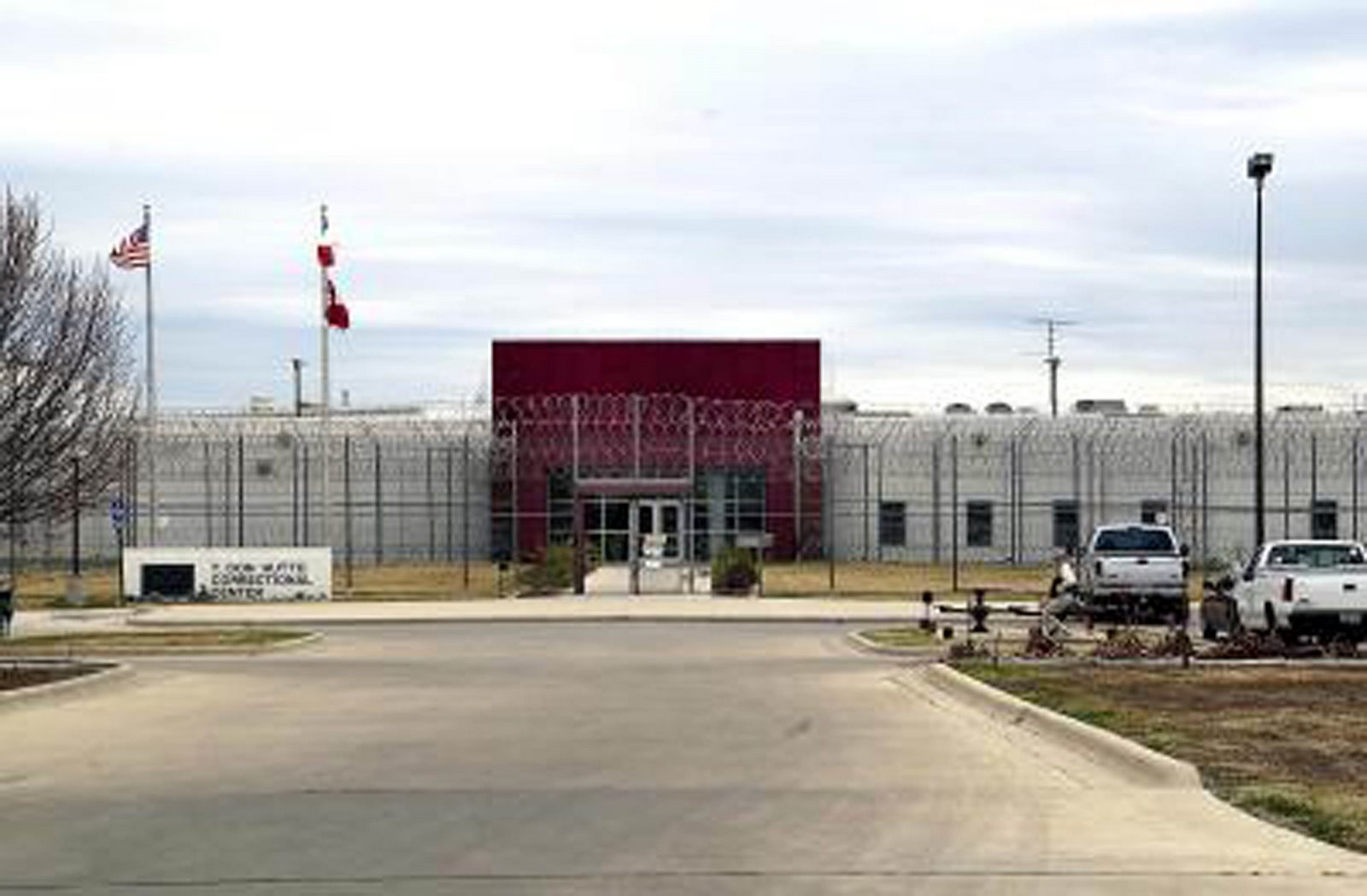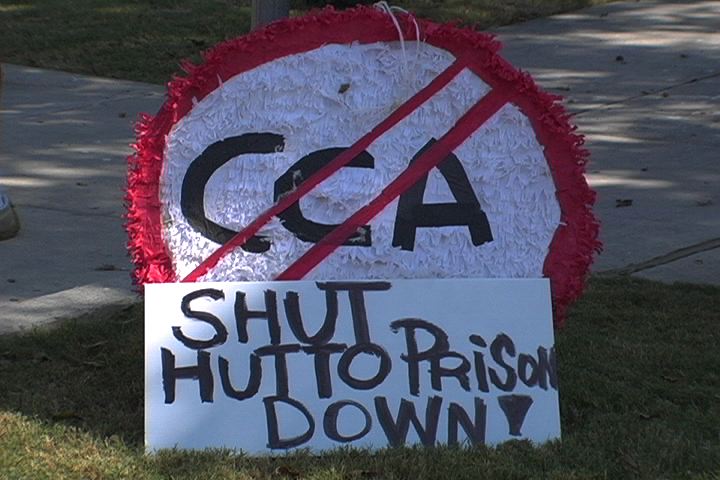Who is the IACHR? They are the independent, judicial arm of the Organization of American States, the supranational organization that oversees foreign relations in the Western Hemisphere. They seek to enforce human rights under the American Convention of Human Rights (ACHR). Find out more here.
Why the IACHR? The IACHR hears cases on human rights violations that have no further legal recourse in the country in question, and can only hear cases from countries that have ratified the ACHR. However, they also receive petitions to investigate and report on specific themes or problems, outside of a specific case. In 2007, they received a petition to investigate family detention and conditions of federal custody for unaccopmanied minors in the US. Due to onerous preconditions set by the Bush administration, they could not perform their duties.
The IACHR delegation visited the Hutto facility as part of a larger investigation into allegations of human rights violations in the U.S. immigration enforcement system.
The 2+ hour discussion revolved around:
- the lack of licensing, external oversight of Hutto's conditions, and enforcability of ICE's existing standards.
- the long detention stays for asylum-seekers, who are fleeing abuse, torture, and trauma.
- the ongoing expansion of private detention facilities in remote locations, which prevents detainees from accessing legal counsel, know-your-rights orientations, and social services available in urban areas.
- the color-coding of detainees, and the security measures that accompany this system, which results in the lock-down of detention centers.
- limited medical and mental health care (often 1 hour per week) that is a direct result of for-profit prison companies' desire to keep costs low, rather than provide full-time medical care.
- routine sexual abuse of female detainees, in detention centers and by border patrol officers.
- care for unaccompanied children.
- increased federal prosecution of noncitizens for immigration-related offenses (e.g., document fraud), which as resulted in the separation of husbands and wives from their families and increased jail time.
- serious due process concerns surrounding these prosecution, in which 20+ noncitizens are prosecuted "in batches," represented by a single federal defender.
- the lack of discretion afforded immigration judges to issues stays of deportation or visas to parents with US citizen children with serious needs.
The IACHR has long been concerned with conditions in US immigration detention centers, but has been rebuffed in its requests to collect information. (The US has not ratified the American Declaration of Human Rights.) The delegation showed much interest and concern over the sharp rise in immigration-related complaints received by the IACHR in recent years. In addition, the delegation expressed deep concern over the lack of due process that continues to plague the detention system in the US.
We'll be sure to post the report and advocates' reactions to it here, so stay tuned.








